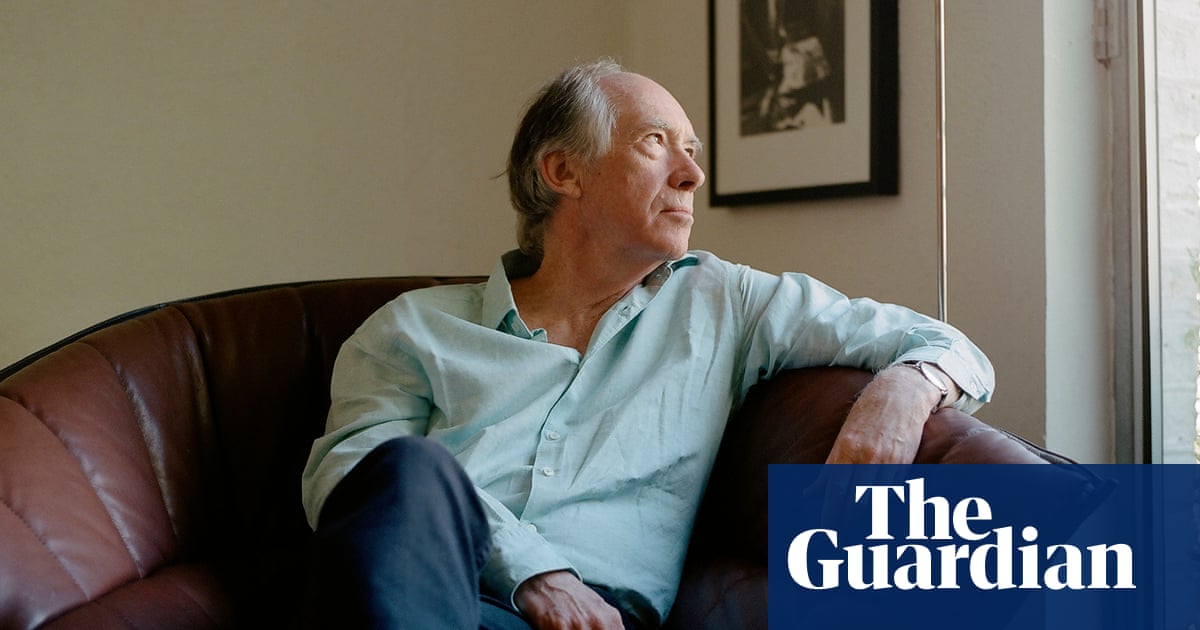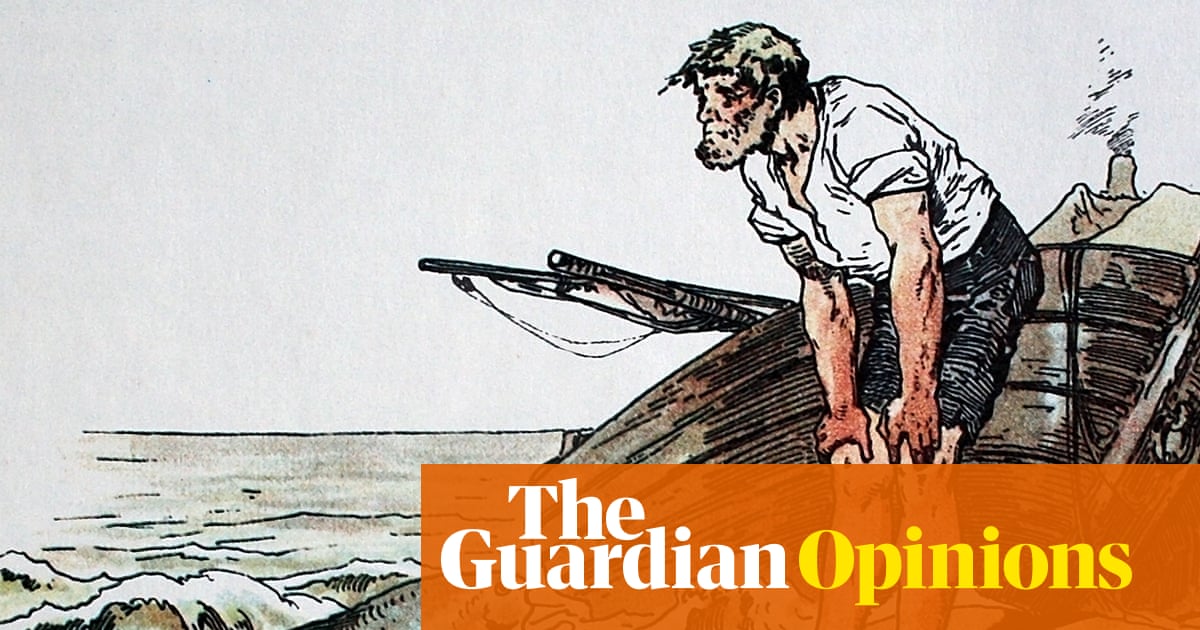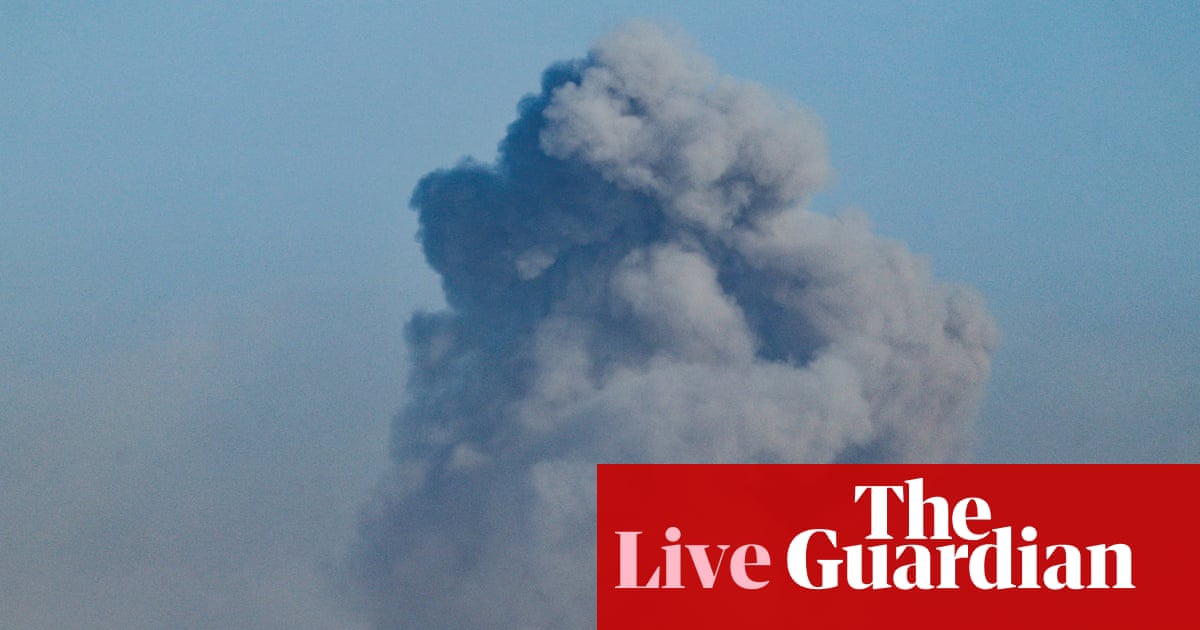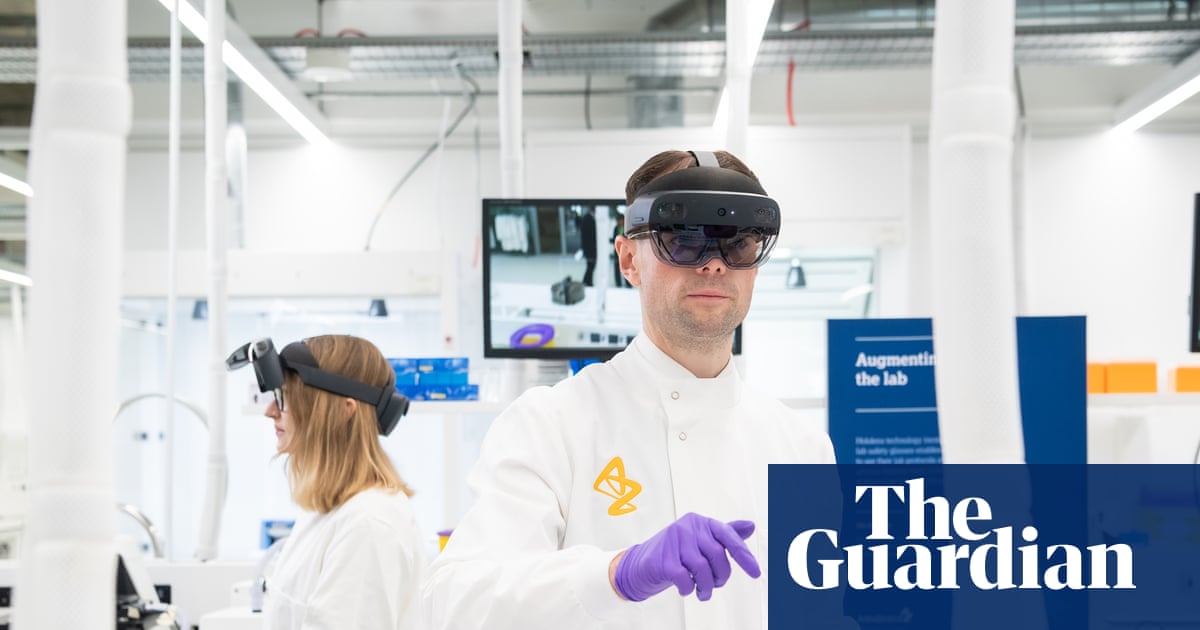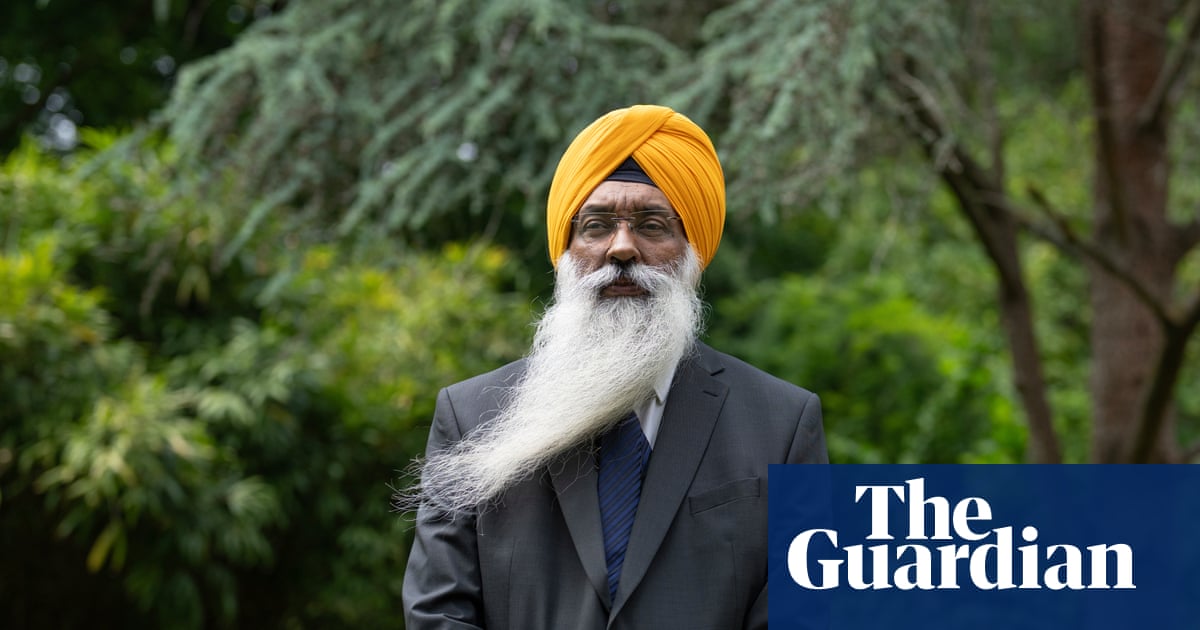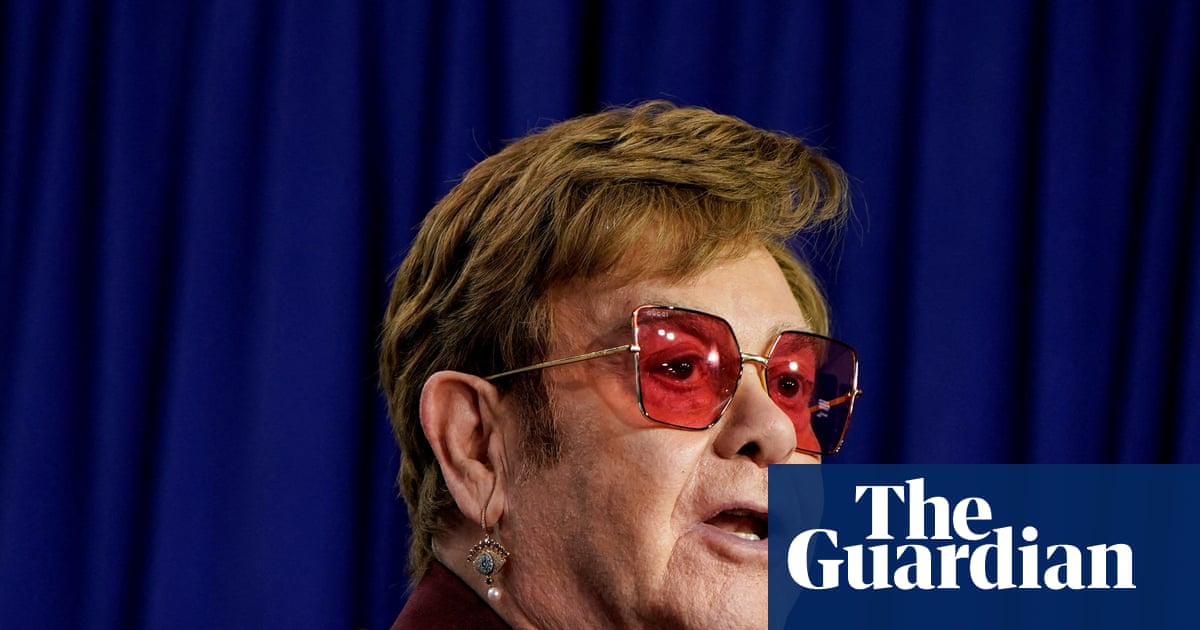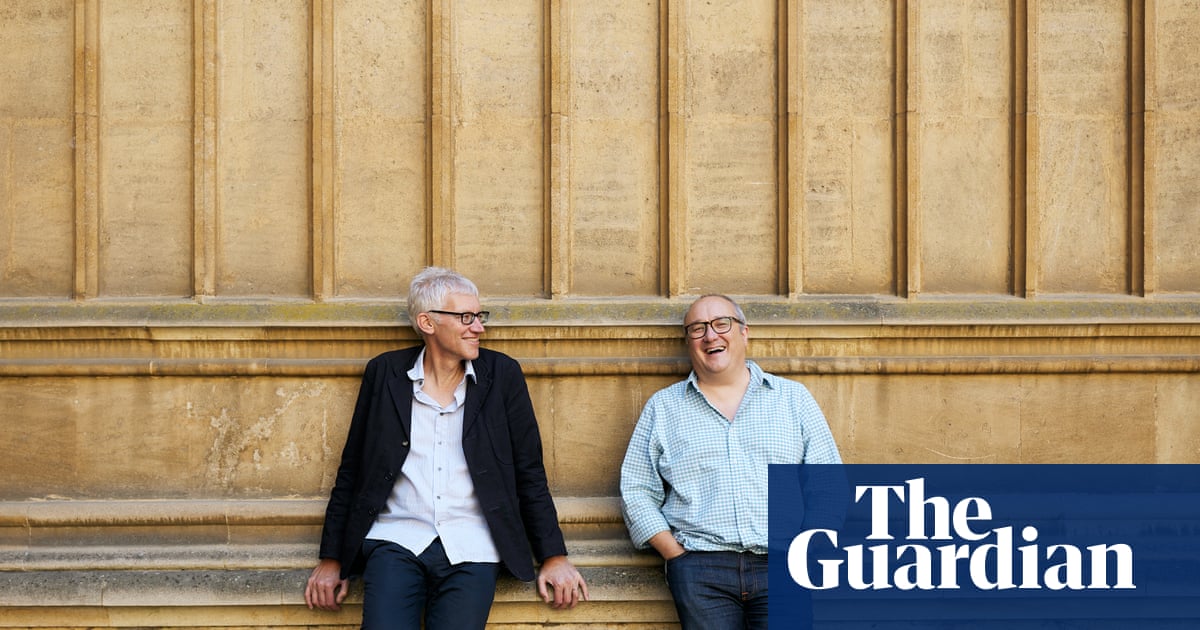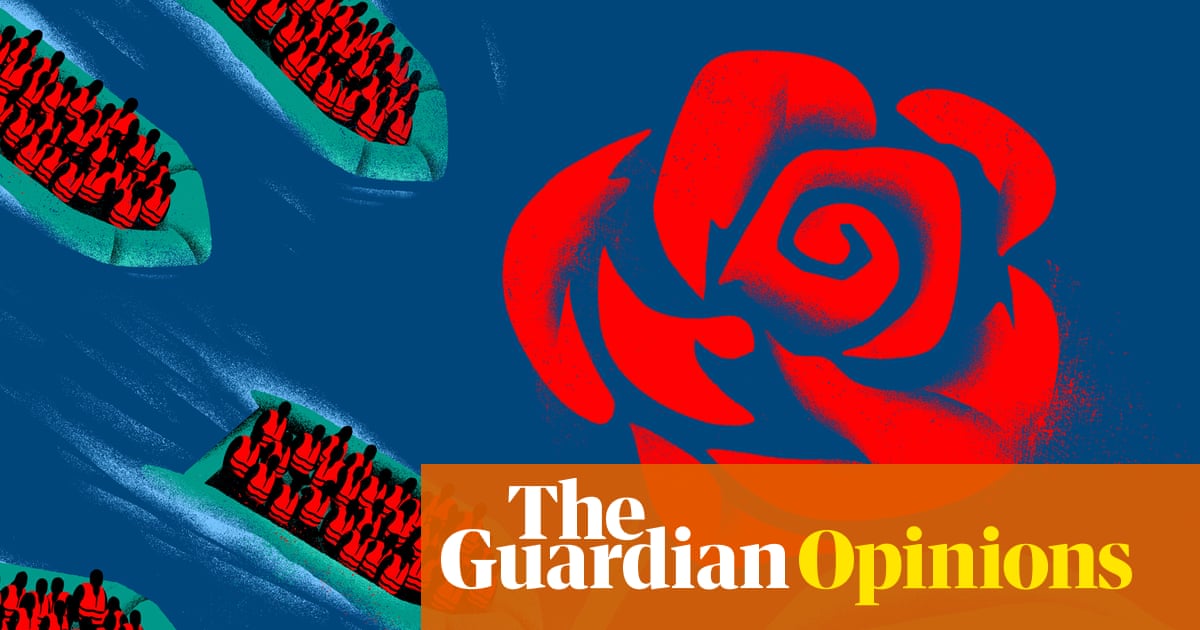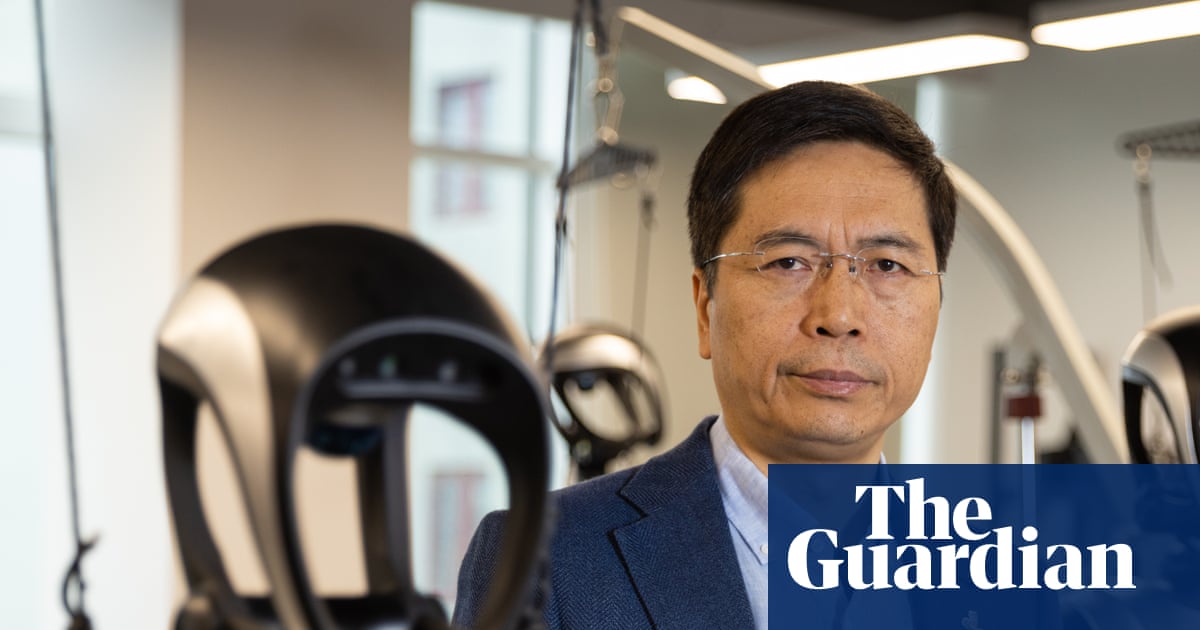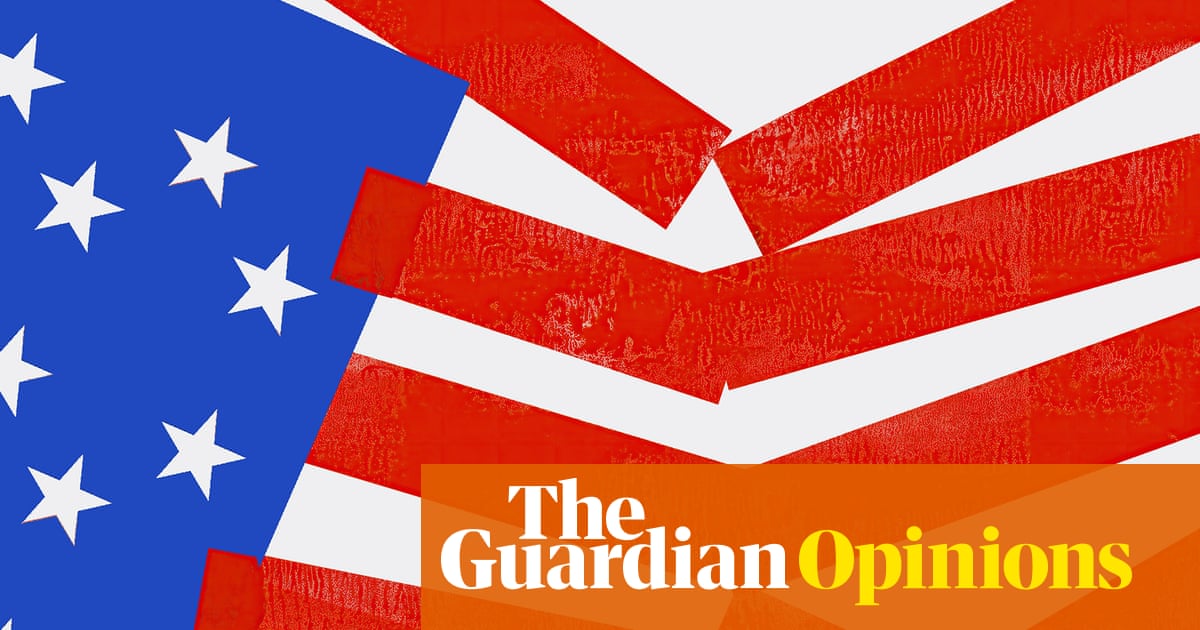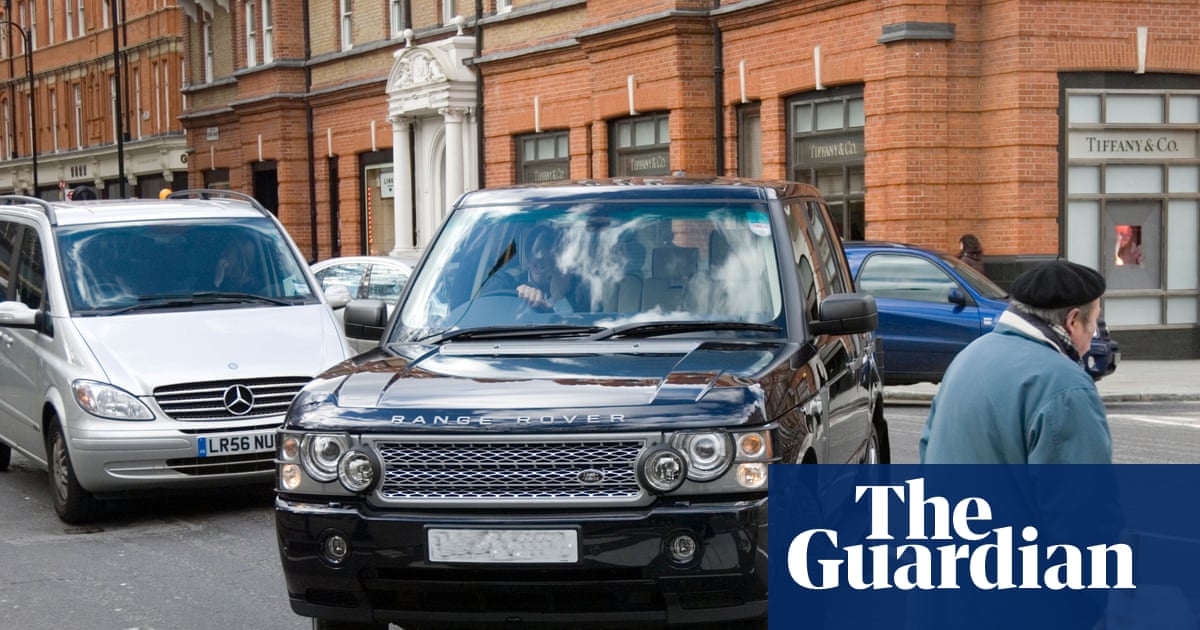When Julia Roberts gets in Richard Gere’s Lotus Esprit as it stutters along Hollywood Boulevard in the 1990 film Pretty Woman, Germans heard Daniela Hoffmann, not Roberts, exclaim: “Man, this baby must corner like it’s on rails!” In Spain, Mercè Montalà voiced the line, while French audiences heard it from Céline Monsarrat. In the years that followed, Hollywood’s sweetheart would sound different in cinemas around the world but to native audiences she would sound the same.
The voice actors would gain some notoriety in their home countries, but today, their jobs are being threatened by artificial intelligence. The use of AI was a major point of dispute during the Hollywood actors’ strike in 2023, when both writers and actors expressed concern that it could undermine their roles, and fought for federal legislation to protect their work. Not long after, more than 20 voice acting guilds, associations and unions formed the United Voice Artists coalition to campaign under the slogan “Don’t steal our voices”. In Germany, home to “the Oscars of dubbing”, artists warned that their jobs were at risk with the rise of films dubbed with AI trained using their voices, without their consent.
“It’s war for us,” says Patrick Kuban, a voice actor and organiser with the dubbing union Voix Off, who along with the French Union of Performing Artists started the campaign #TouchePasMaVF (“don’t touch my French version”). They want to see dubbing added to France’s l’exception culturelle, a government policy that defines cultural goods as part of national identity and needing special protection from the state.
Dubbing isn’t just a case of translating a film into native languages, explains Kuban, it’s adapted “to the French humour, to include references, culture and emotion”. As a result, AI could put an estimated 12,500 jobs at risk in France: including writers, translators, sound engineers, as well as the voice actors themselves, according to a study by the Audiens Group in 2023.
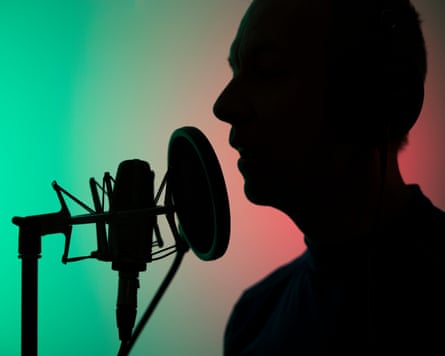
“Humans are able to bring to [these roles]: experience, trauma and emotion, context and background and relationships,” adds Tim Friedlander, a US-based voice actor, studio owner, musician, and president of the National Association of Voice Actors. “All of the things that we as humans connect with. You can have a voice that sounds angry, but if it doesn’t feel angry, you’re going to have a disconnect in there.”
Since the introduction of sound cinema in the late 1920s and 1930s, dubbing has grown to be an industry worth more than $4.04bn (£2.96bn) globally. It was first adopted in Europe by authoritarian leaders, who wanted to remove negative references to their governments and promote their languages. Mussolini banned foreign languages in movies entirely, a policy that catalysed a preference for dubbed rather than subtitled films in the country. Today, 61% of German viewers and 54% of French ones also opt for dubbed movies, while Disney dubs their productions into more than 46 languages. But with the development of AI, who profits from dubbing could soon change.
Earlier this year, the UK-based startup ElevenLabs announced plans to clone the voice of Alain Dorval – the “voix de Stallone”, who from the 1970s onwards gave voice to Sylvester Stallone in some 30 films – in a new thriller, Armor, on Amazon. At the time, contracts did not state how an actor’s voice could be re-used: including to train AI software and create synthetic voices that ultimately could replace voice actors entirely. “It’s a kind of monster,” says Kuban. “If we don’t have protection, all kinds of jobs will be lost: after the movie industry, it will be the media industry, the music industry, all the cultural industries, and a society without culture will not be very good.”
When ChatGPT and ElevenLabs hit the market at the start of 2022, making AI a public-facing technology, “it was a theoretical threat, but not an immediate threat”, says Friedlander. But as the market has grown, including the release of the Israeli startup Deepdub, an AI-powered platform that offers dubbing and voiceover services for films, the problems with synthetic voice technologies have become impossible to ignore.
“If you steal my voice, you are stealing my identity,” says Daniele Giuliani, who voiced Jon Snow in the Game of Thrones, and works as a dubbing director. He is the president of the Italian dubbers’ association, ANAD, which recently fought for AI clauses in national contracts to protect voice actors from the indiscriminate and unauthorised use of their voices, and to prohibit the use of those voices in machine learning and deep data mining – a proposal that’s being used as a model in Spain. “This is very serious. I don’t want my voice to be used to say whatever someone wants.”
AI’s tentacles have had a global reach too. In India, where 72% of viewers prefer watching content in a different language, Sanket Mhatre, who voices Ryan Reynolds in the 2011 superhero film Green Lantern is concerned: “We’ve been signing contracts for donkey’s years now and most of these contracts have really big language about your voice being used in all perpetuity anywhere in the world,” says Mhatre. “Now with AI, signing something like this is essentially just signing away your career.”
Mhatre dubs more than 70-100 Hollywood movies into Hindi each year, as well as Chinese, Spanish, French films; web series, animated shows, anime, documentaries and audiobooks. “Every single day, I retell stories from some part of the world for the people of my country in their language, in their voice. It’s special,” he says. “It’s such an inclusive exercise. In India, if you’re not somebody who speaks English, it’s very easy to be knocked down and feel inferior. But when you are able to dub this cinema into Hindi, people now understand that cinema and can discuss it.”
He’s noticed a decline in the number of jobs dubbing corporate copy, training videos, and other quick turnaround information-led items, but he thinks his job is safe at the moment as it’s impossible for AI to adapt to cultural nuances or act with human emotion. “If the actor’s face is not visible on screen, or if you’re just seeing their back, in India, we might attempt to add an expression or a line to clarify the scene or provide more context.” When there are references to time travel movies in a sci-fi film, he explains, a dubber might list Bollywood titles instead.
But as AI learns more from voice actors and other humans, Mhatre is aware that it is a whole lot quicker and cheaper for companies to adopt this technology rather than hire dubbing actors, translators, and sound engineers.
“We need to stand against the robots,” says Kuban. “We need to use them for peaceful things, for maybe climate change or things like that, but we need to have actors on the screen.”

.png) 2 months ago
18
2 months ago
18

